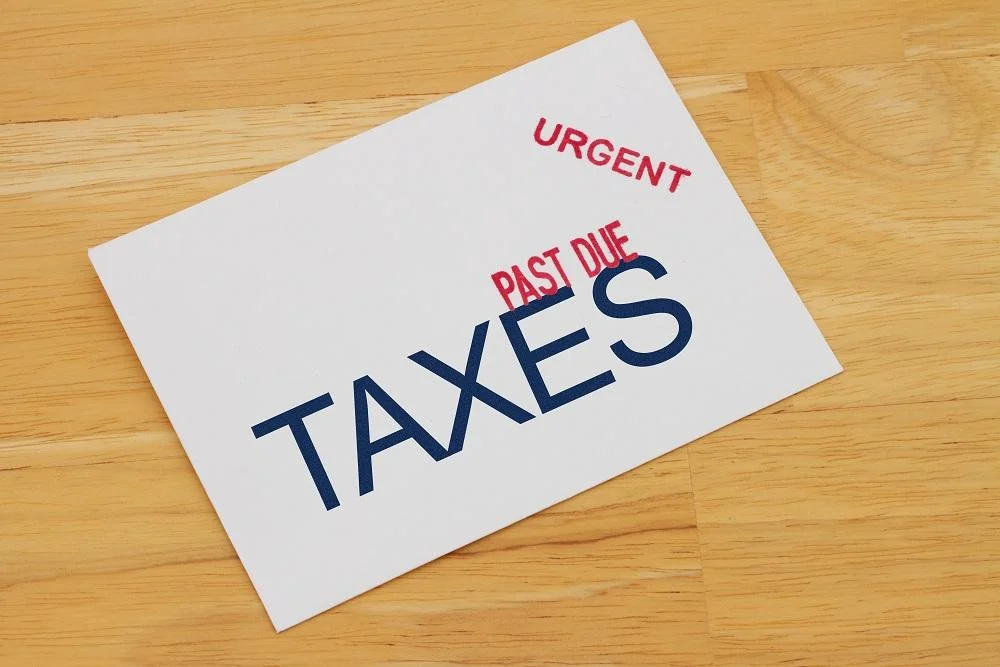A still-struggling economy with limited - and even negative - growth means a proposed fast-track tax on hotels and motels is bad business, according to the Caesar Rodney Institute.
Chairman John E. Stapleford noted that Delaware has weathered six recessions since 2010. With state employment at half the national numbers and after two consecutive quarters of negative growth, the state median household income, adjusted for inflation, has fallen 15 percent, he added. Meanwhile, per capita income has gone from 13 percent above to 3 percent below national numbers. For all of these reasons, the proposed 3 percent lodging tax in Dover County and Kent County is a bad idea, according to the institute.
If both proposed taxes pass, hotel-motel rates could reach 14 percent. City officials and legislators expect the taxes to raise revenues between several hundred thousand dollars to more than $1 million each year.

Chairman John E. Stapleford
| Caesar Rodney Institute
"In this environment, the politicians think it's a good idea to put more tax on a business," Stapleford said. "With a 14 percent tax on your earnings, would you work more or would you work less? This is absolutely nonsensical, especially with the competition from Airbnbs."
Stapleford earned a doctorate in urban and regional economics from the University of Delaware. He served as director of the university's Bureau of Economic and Business Research for more than a decade. In addition to starting the Delaware Small Business Development Center, Stapleford taught in the economics department. More recently, he was an associate director and senior economist with Moody's Analytics.
The Caesar Rodney Institute is a Newark-based non-profit, committed to protecting individual liberty.
Stapleford said this proposed new tax, along with the gross receipts tax, applicable whether a business makes money or not, then coupled with high electricity rates and Delaware's carbon tax, is regressive. Add to that, there is talk of raising the minimum wage to $15 an hour.
"I don't know where this idea comes from in a competitive market, that businesses are making tons of money and it's just sitting there for politicians to take and spend on what they want. It's baffling," he said. "It's baffling that the Delaware General Assembly passed this. Our economy is struggling."
Stapleford points out that tourists are not exactly swarming Delaware.
"In the face of what's going on in the Delaware economy, the last thing you want to do is raise taxes," he said. "You're raising taxes on an individual who employs people who will have a tough time finding employment."
Stapleford noted that hotel occupancy rates in the state are at 64 percent. The weight of paying business taxes, state taxes at 8 percent and the gross receipts tax for business owners is poorly thought out. He called the large portion of county tax receipts that will go to the Kent County Regional Sports Complex, "a classic example of crony capitalism."
"If, in fact, the regional sports complex is such a benefit to the local hotels and motels, why don't they strike a deal with them - the hotels and motels - to have a package accommodations rate?" Stapleford asked.
He opposes a subsidy through taxpayers to the nonprofit public/private partnership, which owns the DE Turf sports complex near Frederica. This revenue would go toward bidding on national tournaments that bring in revenue and guests to county hotels, according to supporters.
Visitors to the Dover Raceway, the beach and the sports complex, are probably an apples-to-oranges comparison, according to Stapleford.
"They can pass some on to the customer but do we want tourists to come to Delaware?" he said. "Other than the beach, how can we argue that tourism in Delaware is red hot." He added that lawmakers must separate and preserve the relatively stable beach-faring visitor population.
"It's just astounding to me that it's just a general pattern in Delaware since the Great Recession of 2007-08," Stapleford said. "It's like saying we've got something so good here that people will pay anything to come here. Price is no object. I find that hard to accept given the state of the economy.
"Who are they gonna find next? Are they gonna have to water-ice franchises? They're so desperate for money. Why don't they think about actually trying to curb some of the government spending? No, that's not on the table."
ORGANIZATIONS IN THIS STORY
!RECEIVE ALERTS



 Alerts Sign-up
Alerts Sign-up